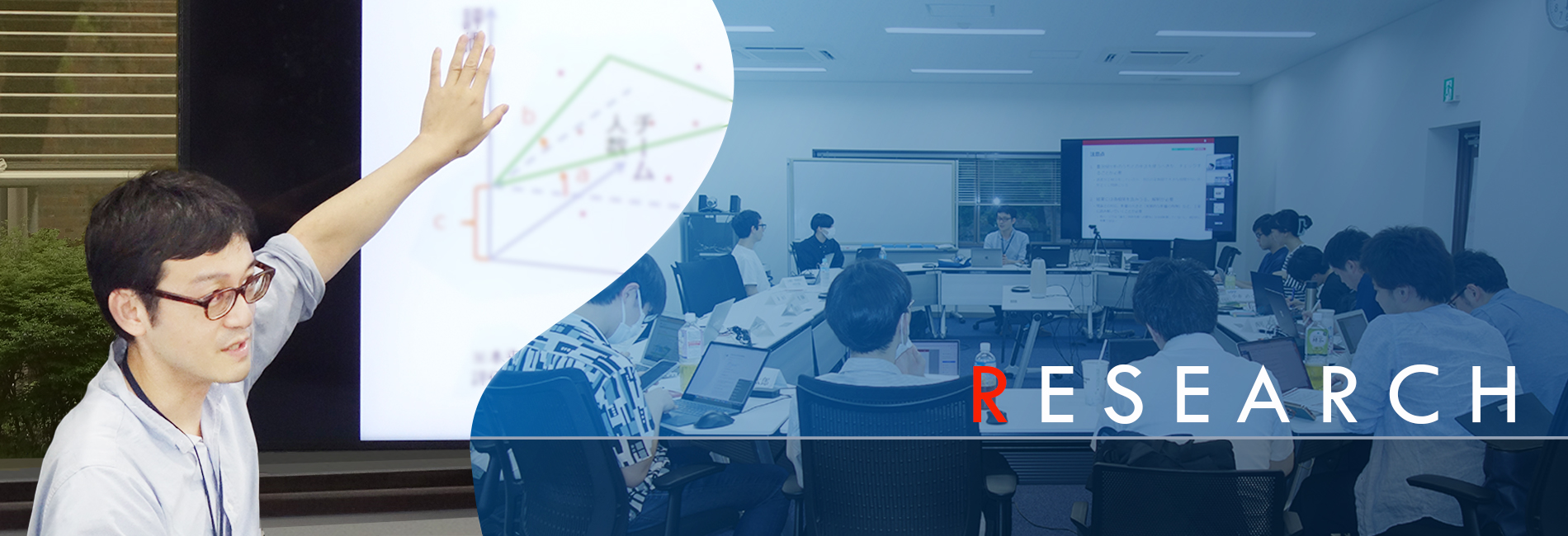Categories
- Annual Report (4)
- Award (23)
- Conference (18)
- E-list (25)
- Forum (152)
- Hitotsubashi Buisiness Review (102)
- i/g/a Collaboration (9)
- IIR Library (1)
- IIR News (232)
- magicc (2)
- Other Seminars (1)
- Policy Seminar (1)
- Research Profile (33)
- Science for Policy (3)
- summer school/innovation research workshop (17)
- Symposium (27)
- Video Library (2)
- Workshop (16)
